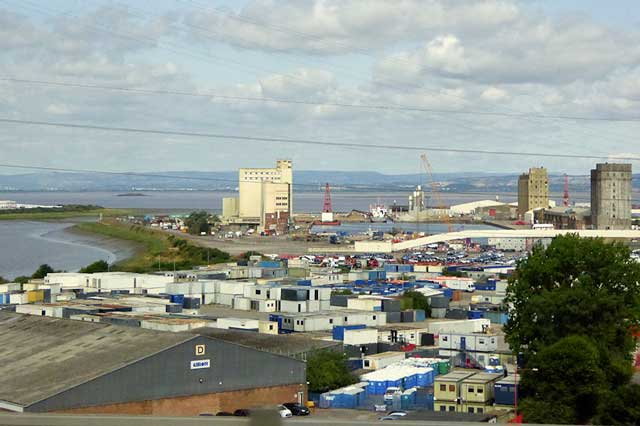
Experts pointed to methane as the likely cause of the fatal explosion in a Wessex Water sludge digester in Avonmouth on 3 December.
Four people, three from Wessex Water and one from a contractor, died in the explosion at 11.20am at the company’s Bristol water recycling centre. A fifth person was injured but was able to go home after treatment.
It is believed the five people were all working on top of or near the digester which contained wastewater sludge, or biosolids. The explosion blew open the top of the digester.
Anaerobic digesters are oxygen-free tanks used to break down organic waste materials, producing agricultural fertiliser and methane, which is used as a biofuel.
Tony Ennis, director of Haztech Consultants, said that methane is flammable and explosive between 5 and 15% by volume in air. He said that it was possible that personnel on the top of the digester were carrying out work such as drilling, which could have caused a spark and ignited the methane.
However, he added: “In normal operation the gas composition in the digester should not be flammable” – unless air had entered the system to create an explosible mixture.
Investigations into the cause of the blast are continuing. The Health & Safety Executive said it would be providing specialist support to the investigation which would be led by Avon and Somerset police.
The employees who died were named as Michael James, 64; Brian Vickery, 63; Raymond White, 57; and Luke Wheaton, 16.
Wessex Water chief executive Colin Skellett, said: “We are all absolutely devastated by what has happened. Our hearts go out to the family, friends and colleagues of those who lost their lives during the tragic event on Thursday. We are determined to find out what happened and why and we will work with the relevant authorities to do that.” Wessex Water had never previously had a fatality.

